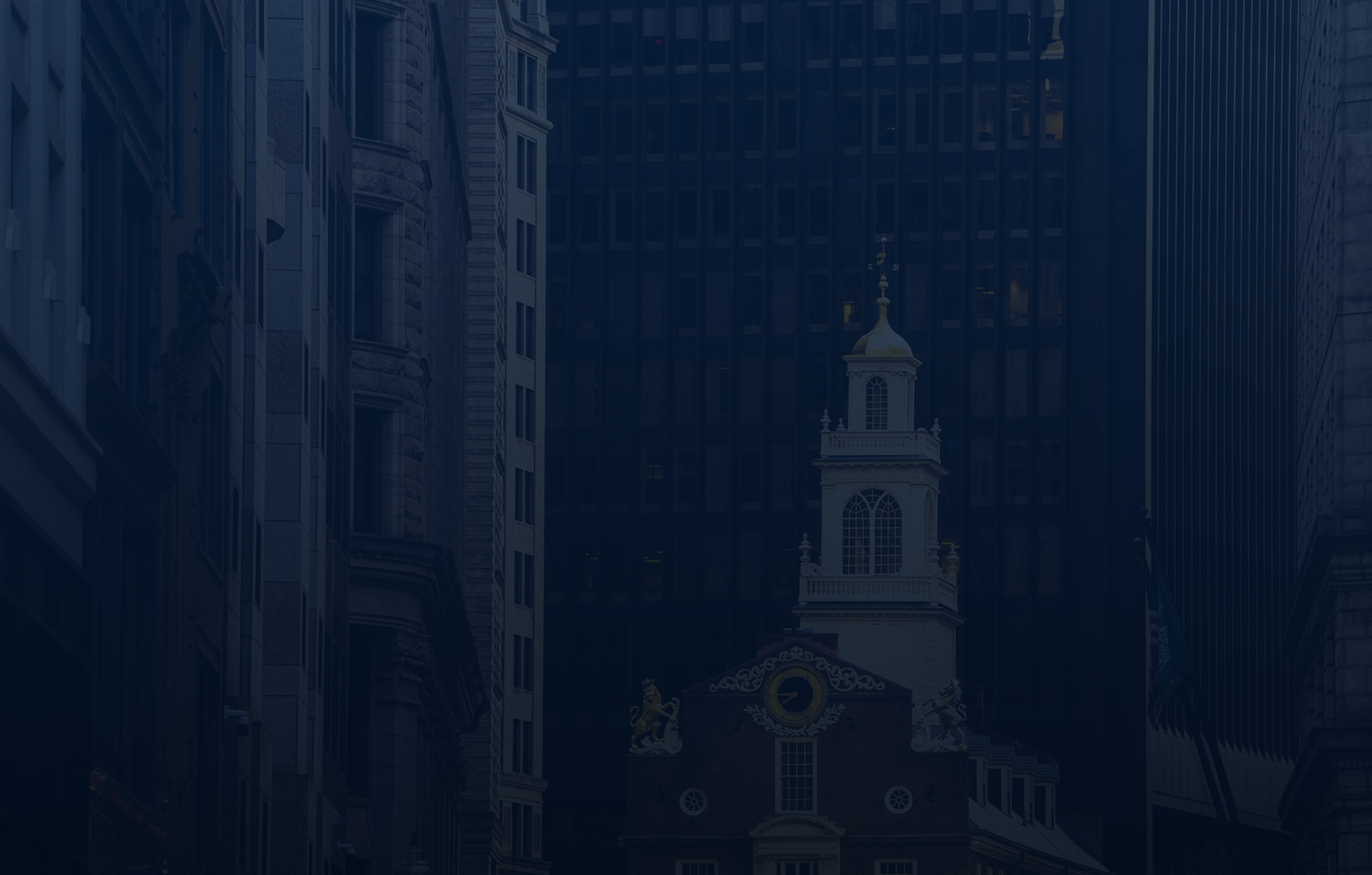Advocates for victims of sexual abuse are pushing to close loopholes in state law they say are allowing child predators to go undetected, as reported by the Salem News.
While Massachusetts already has tough laws on mandated reporting, sexual relations between educators and students go unreported, especially in private schools, where abusers begin “grooming” their victims, advocates say.
Some schools also “pass the trash” by signing non-disclosure agreements with alleged abusers, allowing them to conceal histories of misconduct.
A proposal filed by Sen. Joan Lovely, D-Salem, that went before the Legislature’s Judiciary Committee on Tuesday would ban schools from signing non-disclosure agreements shielding allegations of sexual abuse against teachers and staff.
Another Lovely proposal would expand the list of those required to report suspected abuse to include youth sports organizations, volunteer coaches, tutors and school contractors.
It also would require them to undergo annual training to detect and report abuse, and impose tougher criminal penalties for abusers.
“Teachers, coaches, tutors, mentors and anyone who has authority over a child should strive to protect them, not to exploit them,” Lovely told the panel.
Massachusetts has some of the nation’s toughest laws on mandatory reporting of suspected child abuse. Teachers, doctors, nurses and child care workers are threatened with fines and other penalties for failing to report allegations.
But advocates want the state to focus more on educating those who work around kids to notice signs of a possible sexual predator and tougher requirements for reporting abuse.
“Many schools believe that a clean criminal background check means an applicant is safe,” Jetta Bernier, executive director of Massachusetts Citizens for Children, or MassKids, told the panel. “But we know that 80% of the suspects in child molestation cases identified in schools and youth organizations have no prior criminal record.”
At least 48 states require certain professionals to immediately report knowledge or suspicion of child sexual abuse to some authority, according to the National Conference of State Legislatures. Of those, at least 18 have laws requiring reporting of suspected child abuse by all adults.
Bernier and other advocates say tougher reporting requirements mean more eyes are watching. They cite a recent spike of reported child abuse and neglect allegations during the pandemic.
Lovely has also filed a bill that would ban sex dolls that look like children, which victim advocates say are used by pedophiles to simulate child abuse and rape.
Her proposal, which is also heard by the Judiciary Committee on Tuesday, would outlaw the sale or possession of anatomically correct childlike dolls, mannequins or robots “intended for use in sexual acts.”
Violators caught with the dolls could get jail time and fines from $1,000 for a first offense to $30,000 for multiple offenses, under the proposal.
The law would exempt police, physicians, psychologists, attorneys or officers of the court “in possession of such materials in the lawful performance of his official duty.”
The child sex dolls are sold online and imported from China and Japan, often labeled as mannequins or models. Some are made of silicon, flesh-like material, and are dressed in bikinis or lingerie.
Advocates for child abuse victims say the dolls “normalize” pedophilia and encourage sexual assault.
If approved, Massachusetts would join only a handful of states in restricting the dolls. Only Florida, Kentucky and Tennessee have approved bans to date.





